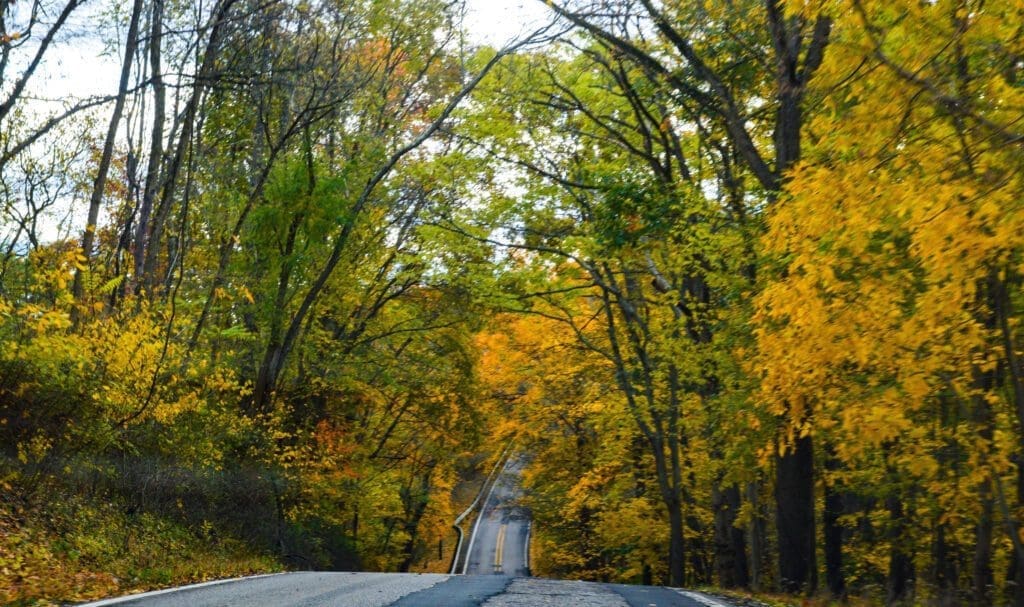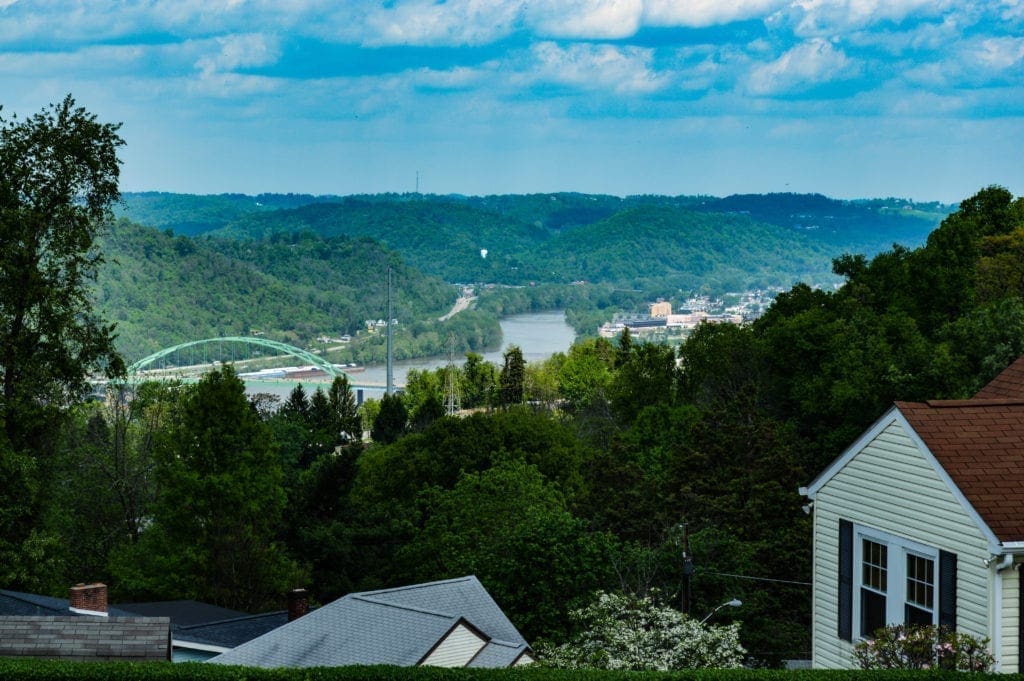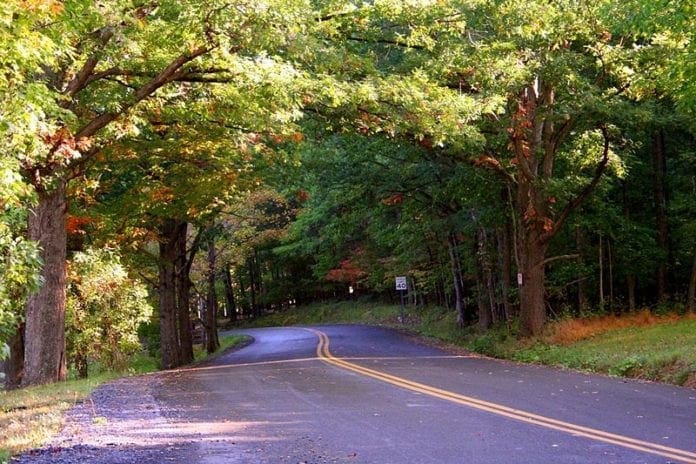Saturday evening we climbed into the car and drove.
We’d come to an intersection allow a turn to the left or one to the right. I was on roads that I had never heard of before, let alone traveled, and I’ve lived in the Northern Panhandle all of my life. My oldest child was surprised that I was in unchartered territory because she’s always amazed at how many ways I know to get from Point A to Point B.
In fact, my Life Lesson #457 is to always know where the exits are, and that is as much for an emergency evacuation as it is for a bar or house.
I have always been interested in learning the back roads. Twenty-plus years ago, a lot of carefree days were spent cruising the ridges and exploring. We always stayed away from highways and interstates as often as we could. A lot of my childhood memories are around aimlessly driving the back roads with my family. We would have the radio turned up and just drive.
We’d take spontaneous trips to West Virginia parks and festivals. I suppose we did it back then because all it cost was a tank of gas, which is pretty much the reason I’ve always done it on my single-mom budget – it’s virtually free entertainment. My kids have been raised on road trips. There’s something freeing about just getting in the car with no agenda and taking off, and the things we’ve seen and experienced have all been worth the gas it took to get us there.

Sights, Sounds, and the Air
Currently, during the lockdown, taking long drives have kept us sane. We have watched spring slowly emerge. We’ve taken stunning pictures of sunsets. We’ve sat on a gravel road and watched a calf run, circling its mama, up and down hills as if it was a puppy wanting to play. We’ve seen woodpeckers and deer and waterfalls. And we’ve breathed in fresh air. I don’t know what we would do without the privilege of a vehicle in the midst of these weird and uncertain days, which is something I think about every time we’re out.
What are these days like for people living in rural areas without a car and a store within 45 minutes of their home? How are they stocking up on supplies and essentials? Where do they get food when the school’s closing has added extra financial stress to their already strapped budgets?
I shared a meme the other day that pointed out that the southern states in which a lot of people are still traveling corresponds directly to food desert areas. A food desert, if you’re unfamiliar, is an area that makes it difficult to access affordable and quality foods, and West Virginia is home to many of those. As my family was driving yesterday, I thought about that a lot. We didn’t touch pavement for almost an hour and there wasn’t anything around us but homes, cow pastures, and gravel.

Vulnerability
So, who’s being forgotten about during these days? Who’s truly suffering because of social distancing and stay-at-home orders? It makes sense to me that a lot of Mountain State county school systems have chosen to deliver meals on bus routes so everyone can have access. I honestly don’t know if there’s a better way of equitably feeding school kids in this state, to be honest, and think we’d be hard pressed to find one.
One opportunity this state of emergency has allotted me is the ability to widen my view a bit. I spend a lot of time thinking about the people who aren’t living worse off than me, but rather living differently than I am living and may be struggling a bit harder because of it. I’ve also spent a lot of time in conversation about what equity looks like in terms of access to services and resources when the shit hits the fan.
Whether it’s internet access, transportation, or access to food or jobs, the fact is that we need to do a whole lot better at considering what life looks like for people outside of our cities and towns. It’s not about feeling sorry for folks or making excuses for them, but it is about using a wide lens to capture what our state and local cultures look like from every angle.
Maybe all decision makers should hop in their car and see what their region truly looks like. They might learn a thing or two about the people they’re representing and realize there are intersections where the blacktop ends and the gravel begins.
Wash your hands. Don’t touch your face.
Stay well,
Amy Jo


